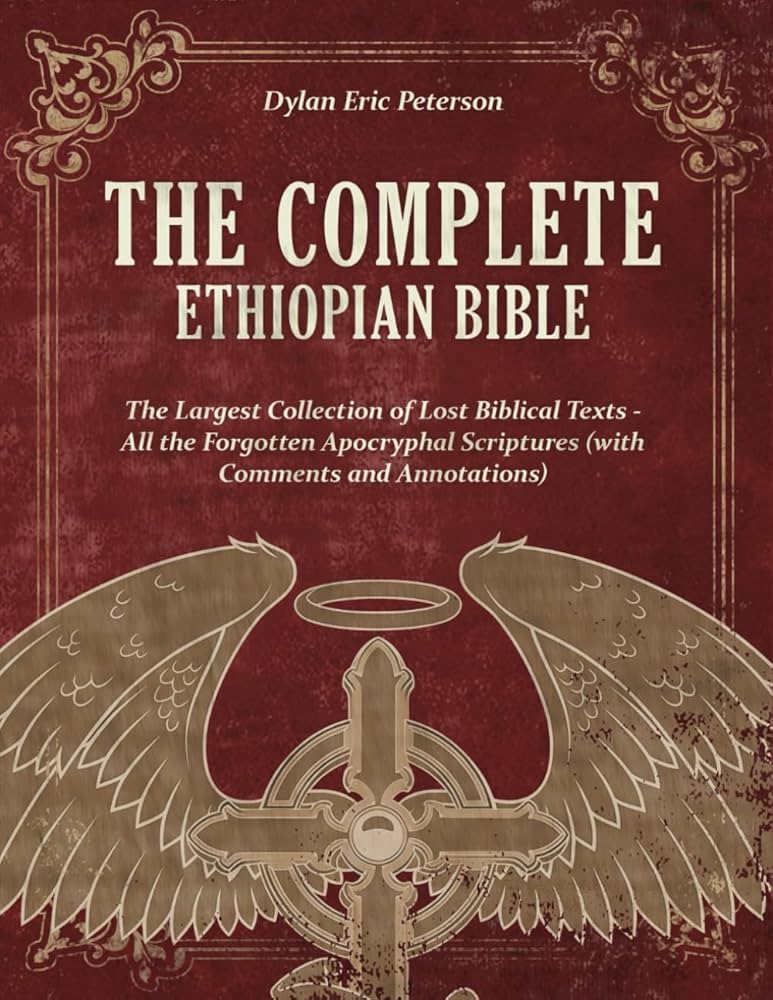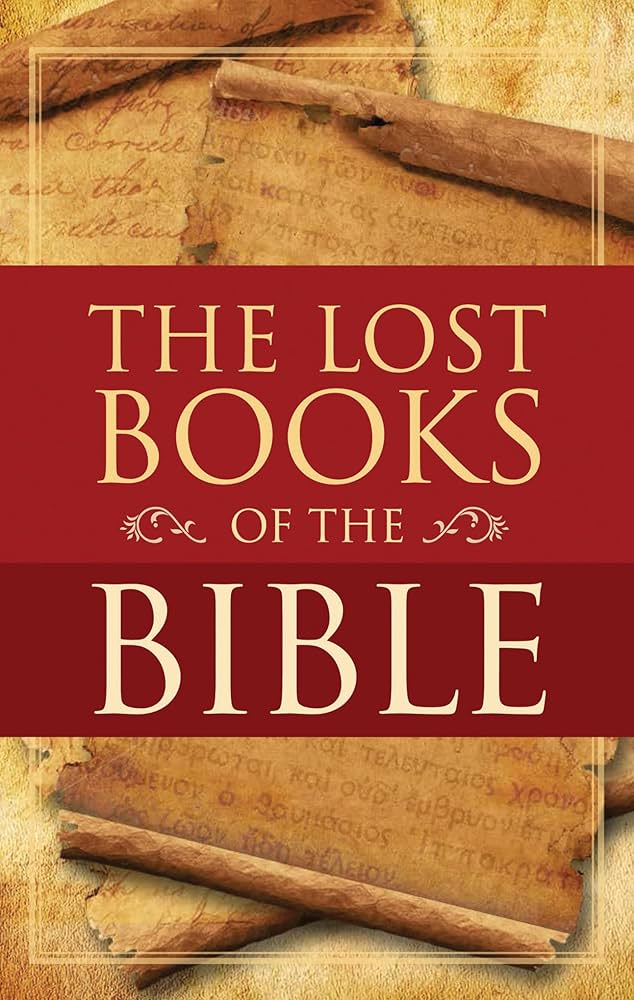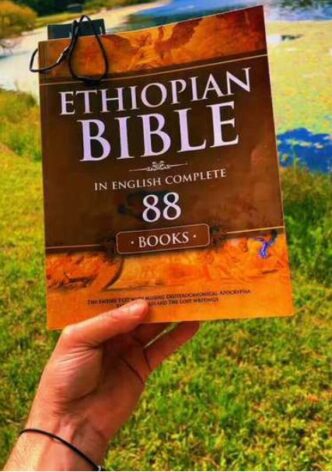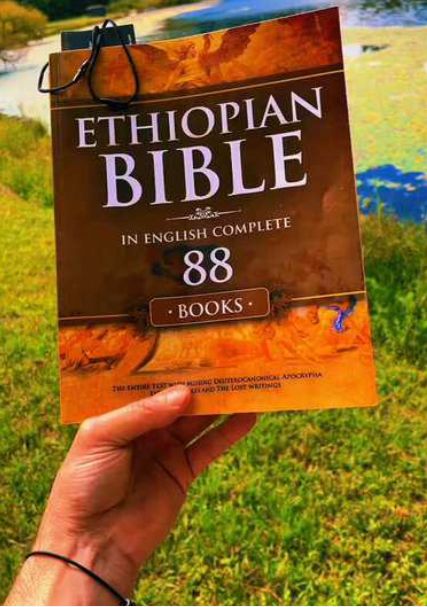For centuries, most people have believed that the Bible is complete and unaltered. But what if history tells a different story? The Ethiopian Bible, one of the oldest and most complete biblical texts, contains 88 books, far more than the 66 books in the standard Christian Bible. Meanwhile, within these additional texts lie hidden prophecies, lost histories, and stories that Western Christianity left out.
So, what exactly is inside the Ethiopian Bible, and why has it been so different from the versions known in the West?
The Oldest Bible in the World

The Ethiopian Bible is considered one of the oldest and most complete Bibles in existence. The Garima Gospels, sacred Ethiopian manuscripts, date back to 330–650 AD, making them hundreds of years older than many Western biblical texts. These ancient scriptures have been preserved for over 1,600 years in Ethiopian monasteries, untouched by European influence.
Moreover, unlike modern translations, the Ethiopian Bible in English contains several missing books of the Bible Apocrypha, which were removed from other versions over time.
The Missing Books of the Bible

The Ethiopian Orthodox Bible includes books that were once widely read by early Christians but were later excluded by Western religious councils. Some of these significant texts include:
- The Book of Enoch– Describes the Watchers (fallen angels), the origins of demons, and end-time prophecies.
- The Book of Jubilees– Chronicles biblical history from creation to Moses, detailing angelic influences and the origins of spiritual warfare.
- The Book of Meqabyan (1 & 2)– Not to be confused with the Maccabees, this book tells of spiritual battles and divine justice.
- The Shepherd of Hermas– A highly revered early Christian text, offering visions and teachings about repentance and salvation.
- The Book of the Watchers – A section of Enoch that expands on the story of the Nephilim, fallen angels, and the great flood.
- Psalm 151 – A lost psalm of King David, found in the Dead Sea Scrolls and still included in the Ethiopian Bible books.
These texts provide additional insights into biblical history, spiritual warfare, and the role of angels and demons, making them an important resource for biblical scholars and historians.
Why Were These Books Removed?

Many of these books were considered scripture by early Christians, but around 300 AD, Jewish and Christian religious leaders removed them. The Council of Nicaea (325 AD) played a significant role in standardizing the Christian Bible. Some believe these books were left out because they contained prophecies too accurate to ignore, such as the predicted coming of the Messiah around the 4,000th year of biblical history which coincided with Jesus’ time on Earth.
Therefore, one of the most controversial books, the Book of Enoch, was widely read in the early Church. It is even quoted in the New Testament (Jude 1:14-15), yet it was removed from most Western Bibles. Meanwhile the Ethiopian Orthodox Church, however, continued to preserve it, along with other missing books of the Bible Apocrypha.
The Ethiopian Bible vs. the King James Version
However, the Ethiopian Bible books contain thousands of differences compared to modern versions, like the King James Bible. For instance:
- Moses didn’t cross the Red Sea, but the Sea of Reeds (A smaller, shallower body of water that could have dried up temporarily due to a natural tsunami).
- The term “God” was originally plural – Early texts often referred to “Gods” (Elohim) instead of a singular figure, raising questions about early monotheism.
- Reincarnation was once part of Christian teachings – Some ancient scriptures hint at the concept of transmigration (reincarnation), which later became controversial.
In addition, these differences suggest that the Bible has undergone more changes than most people realize, with the Ethiopian version preserving early Christian beliefs that were lost in Western traditions.
Why This Matters Today
The Ethiopian Bible is more than just a collection of ancient texts; it’s a link to Christianity’s earliest roots. Unlike many Western translations that have been altered over centuries, Ethiopia has maintained a Bible that closely resembles the original early Christian scriptures.
Moreover, with the modern availability of the Ethiopian Bible in English, more people can explore these hidden books for themselves. The missing books of the Bible Apocrypha provide deeper insights into biblical events, lost prophecies, and spiritual mysteries that have been overlooked for centuries.
Conclusion
The Ethiopian Bible’s 88 books challenge what many people thought they knew about Christianity. These texts offer a broader and richer perspective on biblical history, spirituality, and prophecy.












